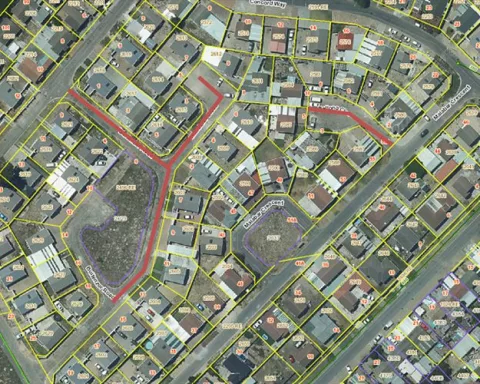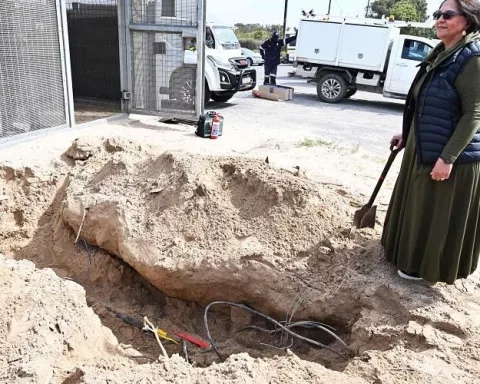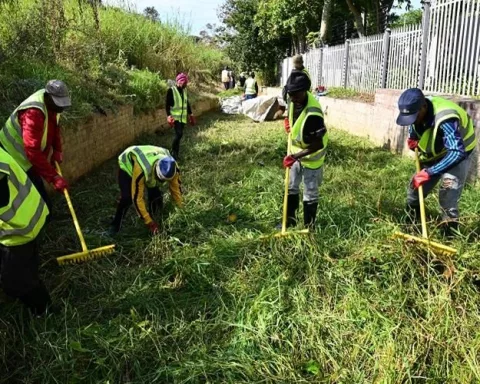The Department of Employment and Labour, in partnership with the Commission for Conciliation Mediation and Arbitration (CCMA), recently concluded the 2023 National Employment Equity Roadshows in Cape Town. These roadshows, which began in July in Limpopo, aimed to increase awareness regarding the recent amendments to the Employment Equity (EE) Act of 1998 and its regulations, as well as sector-specific EE numerical targets.
Empowering the Minister of Employment and Labour to Regulate Sector-specific EE Targets
The amended EE Act grants the Minister of Employment and Labour the power to regulate sector-specific EE targets and the issuance of EE Compliance Certificates as a prerequisite for accessing state contracts. According to the 23rd Commission for Employment Equity (CEE) Annual Report, South Africa’s labour market remains racialised and gendered despite efforts to implement affirmative action to achieve equitable representation for disadvantaged groups.
Addressing the Underrepresentation of the Coloured Community in Senior Management Positions
At the roadshow, CEE Chairperson Tabea Kabinde highlighted the benefits of sector-specific EE numerical targets in addressing the underrepresentation of the Coloured community in top and senior management positions in the Western Cape. Official statistics show that Coloured individuals hold only 6.1% and 8.2% of top and senior management positions in the region, respectively, despite being the majority population.
Refuting Claims of Disadvantage
Director of Employment Equity of the Department, Ntsoaki Mamashela, dismissed media reports suggesting that the Coloured community would be disadvantaged by the Employment Equity targets as misinformation. Mamashela explained that sector targets are flexible and that employers will continue to have the authority to determine their annual EE targets to achieve regulated five-year sector goals.
Promoting Equal Opportunity and Fair Treatment in Employment
The purpose of the EE Act is to eliminate unfair discrimination and promote equal opportunity and fair treatment in employment. The legislation also facilitates the implementation of affirmative action measures to address disadvantages experienced by disadvantaged groups, including Africans, Coloureds, and Indians of both genders, as well as white women.
Ensuring Full Participation in the Economy
Mamashela emphasized that the Employment Equity targets do not preclude anyone from being employed, and no person will be dismissed or retrenched to advance EE objectives. Instead, EE and affirmative action ensure that every citizen, regardless of their ethnicity, can participate fully in the country’s economy.
The EE reporting period for 2023 opened on September 1 and will close on January 15, 2024. As the South African labour market continues to evolve, the Department of Employment and Labour remains committed to promoting diversity and inclusivity through initiatives like the National Employment Equity Roadshows and the revised EE regulations. These efforts will help advance real transformation in South Africa’s labour market.












